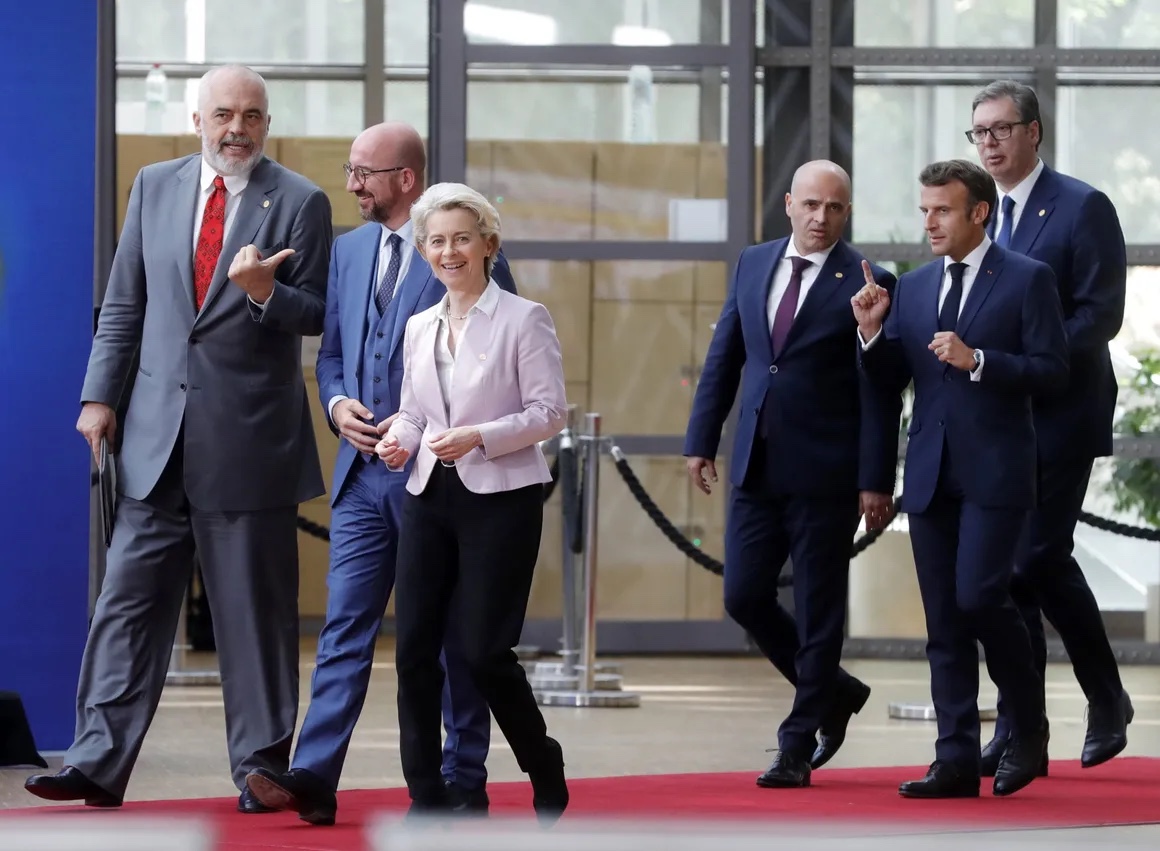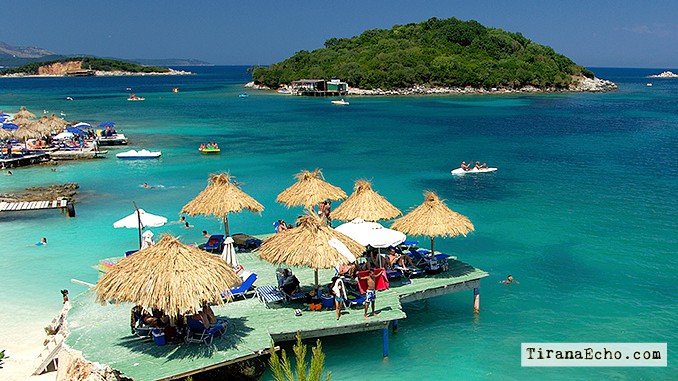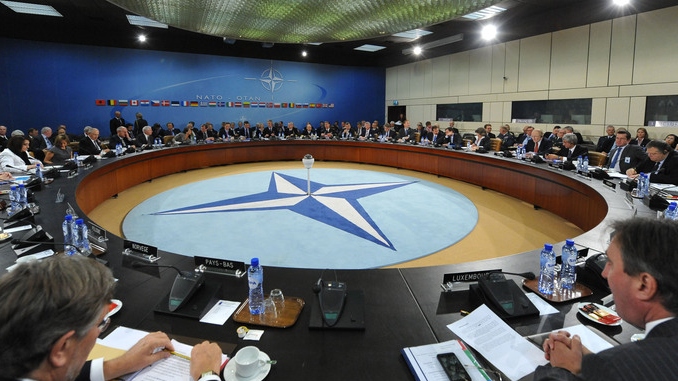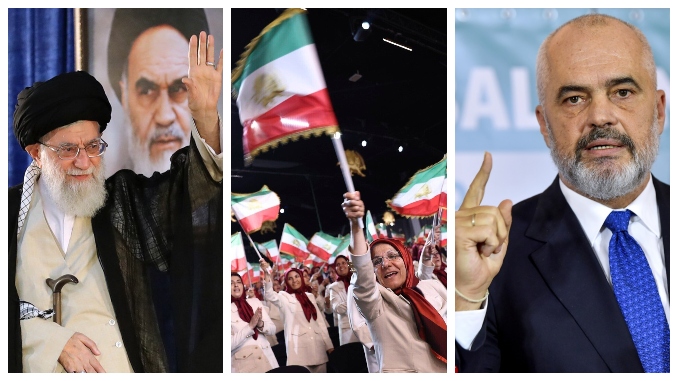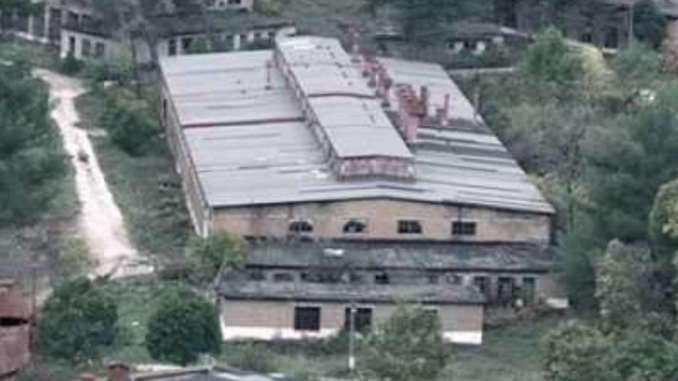Vladimir Putin’s Sphere of Influence Edges Closer to EU as Serbia Accepts Russian Weaponry
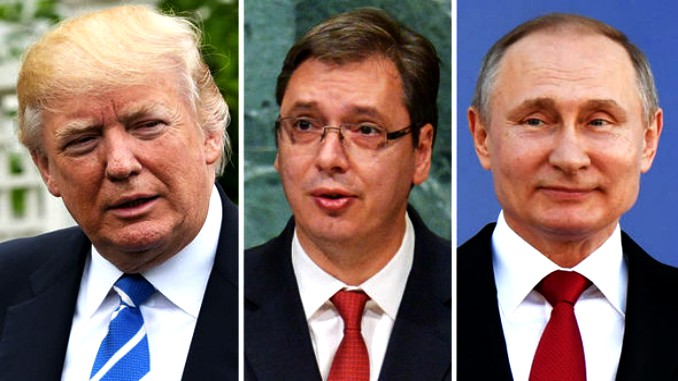
Zoran Djordjevic, the Serbian Defence Minister, proudly declared 800 new jobs would be created by the need for pilots and operating staff for the new Russian fighter jets, alongside the opening of two helicopter repair centers. It follows the election of vocal Putin support Aleksandar Vučić as president.
While Vučić has said he wants to lead Serbia into the Brussels bloc, he has been pushing for deeper ties to longtime ally Russia – with the Kremlin even endorsing the 47-year-old.
The former ultranationalist Vučić promised his signature to Putin on the delivery of fighter planes, battle tanks and armoured vehicles to Serbia before he has even taken office.
The move has sparked fears of an arms race in the western Balkans, which Russia considers its sphere of influence.
Vučić, in his election victory speech, said: “A huge majority of people in Serbia support continuation of the European path for Serbia, along with preserving our traditionally good ties with Russia and China.”
Opponents have accused him of muzzling the media and intimidating voters. They worry that he will use his new appointment to appoint a figurehead successor as prime minister and transforming his office into a more powerful post, as Putin did in Russia.
US Senator John McCain said: “I think Vučić is trying to walk a very fine line between East and West.
“He realises that his population, particularly the young population, are western oriented. They don’t want to be like Russia. Yet at the same time, the orientation historically has been to Russia.”
Mr Djordjevic rejected claims the deal represents increased Russian influence, but that is shows Serbia is willing and able to compete on its own.
The minister, speaking at an international security conference, said: “Our parliament is now working in a draft law on the production and transportation of arms and ammunition which, if enacted, would allow foreign ownership of maximum 49 percent of Serbian property.
“There is a great deal of foreign interest in investing in Serbia. This would facilitate defence production and make it cheaper too. In some cases we would be ready to engage in joint production and possibly to launch a number of joint ventures.”
Serbia, which in the 1990s was seen as pariah of Western Balkans for its central role in wars that followed the collapse of Yugoslavia, expects to complete negotiations on EU membership by 2019.
Many Serbs remain sceptical about joining the bloc and view Western European countries as outspoken advocates of the 1999 NATO bombing to halt the killing and expulsion of ethnic Albanians in the former province of Kosovo, in which thousands of civilians had been killed.
Source: Express.co.uk

